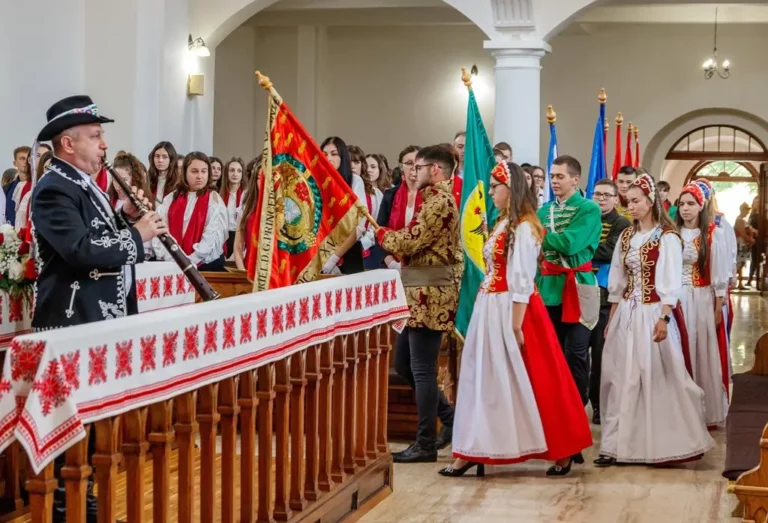Transcarpathia
This is how Ukraine could become ‘a real European country’ according to State Secretary Németh

Hungary’s ongoing efforts to help the people of Ukraine don’t go unnoticed

Hungarian government behind the Hungarian community in Transcarpathia

President: Transcarpathian Hungarians in our thoughts, words and prayers

18+ VIDEO: terrorist attack in Ukrainian region populated by Hungarians – UPDATED

Hungarian foreign minister meets Ukraine counterpart

Government: Ukraine’s new law far from restoring 2015 minority rights

Fidesz MEP calls for immediate peace in Ukraine

Hungarian FM: Ukraine’s EU accession would bring war to bloc

Hungary expresses its condolences to the leaders of Transcarpathia for the war losses against Russia

Hungarian Christian Democrats harshly criticise the EU in Madrid

PHOTOS: New building of elite Hungarian MCC College opened in Transcarpathia, Ukraine

PHOTOS: Academic year of Hungarian college in Ukraine started in red-white-green

Fidesz politician: EU must create peace in its neighbourhood

Another step towards Hungarian-Ukrainian friendship?

President Novák: Hungary is the Mecca of family-focused thinking

Putin apologised to Hungary while Orbán talked about 50 pc chance of a Huxit

President Novák: Hungary keeps its promises, always says what it thinks
Hungary is a reliable ally that keeps its promises and "always says what it thinks", President Katalin Novák told ambassadors...




 ZH
ZH IT
IT DE
DE HR
HR NL
NL FR
FR JA
JA RO
RO RU
RU ES
ES TR
TR
